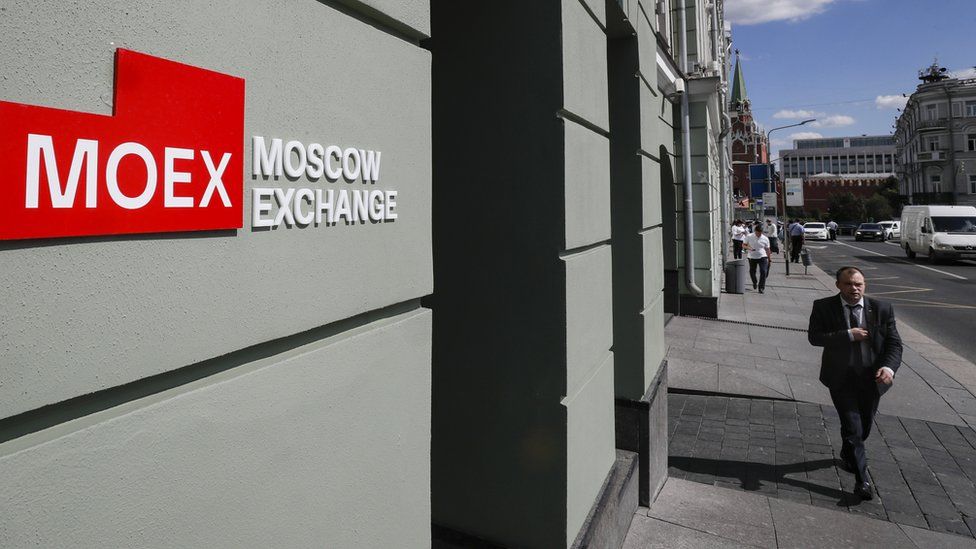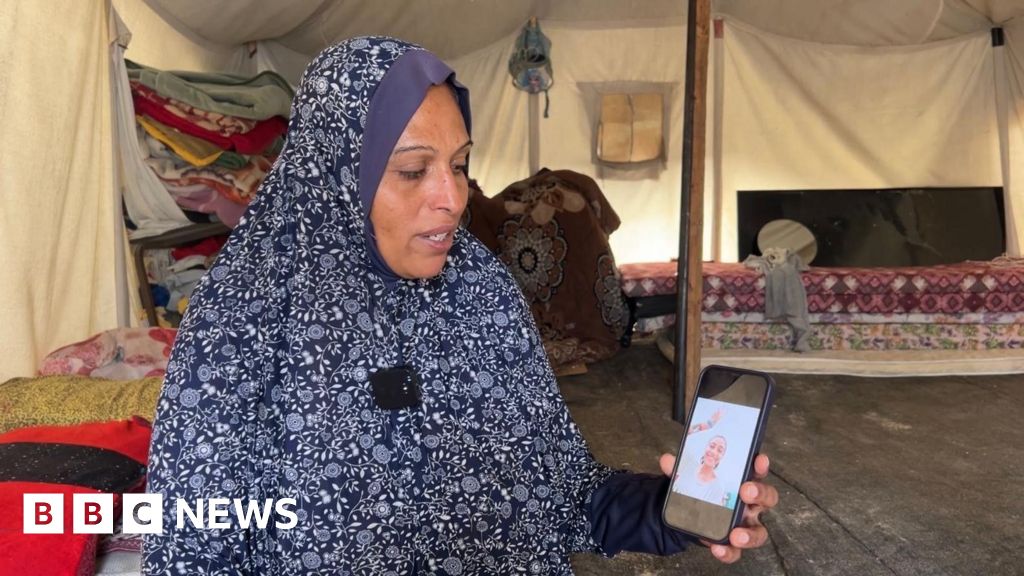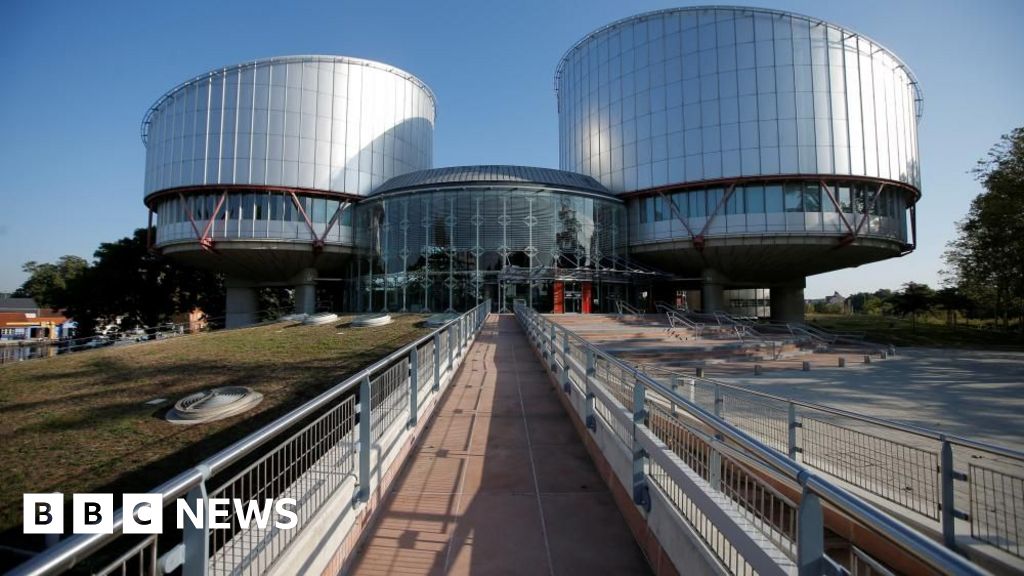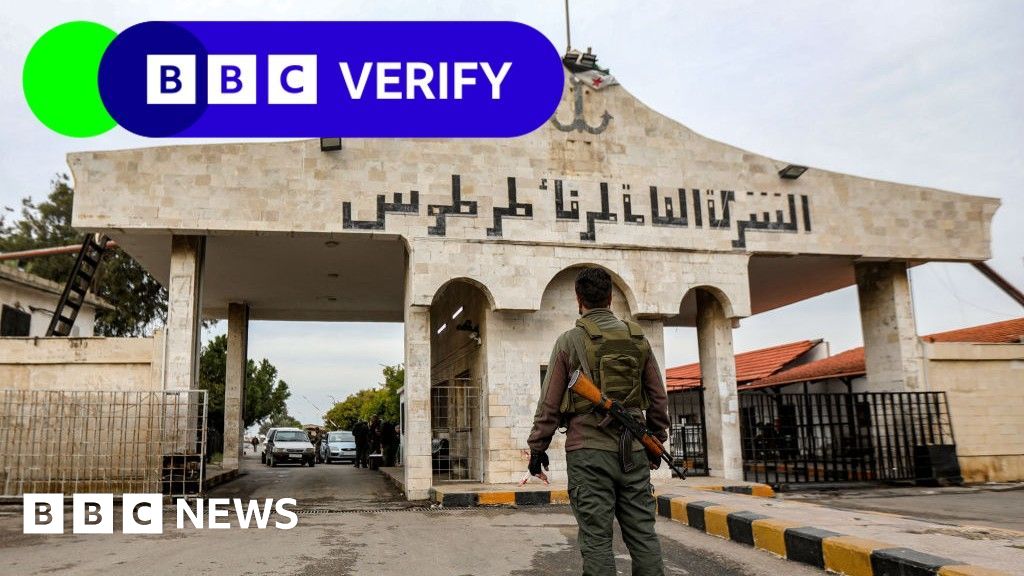ARTICLE AD BOX
By Annabelle Liang
Business reporter
 Image source, EPA-EFE/REX/Shutterstock
Image source, EPA-EFE/REX/Shutterstock
The Moscow Exchange will be partially reopened to foreign investors from Monday after a nearly six-month suspension during the Ukraine war.
It says only investors from "countries that are not hostile" will be allowed to trade bonds.
The move excludes many of Russia's largest investors that have imposed sanctions on its economy.
Russia had sealed off its markets in February to restrict money from leaving the country during the war.
In a statement (in Russian) on Friday, the Moscow Exchange said it would be reopening its bond market to "non-resident clients from countries that are not hostile, as well as non-residents whose ultimate beneficiaries are Russian legal entities or individuals."
China and Turkey are likely to be among these nations, as they have not imposed sanctions against Russia.
It added that banks, brokers and investment management companies had started registering their foreign clients with the exchange.
Russia closed its stock and bond markets hours after President Vladimir Putin sent thousands of troops into Ukraine on 24 February.
In March, it began a phased re-opening which was limited to bonds issued by the Russian government.
Monday's resumption of trading excludes investors from "hostile" countries, who remain banned from selling Russian securities.
These countries include members of the European Union, Canada and Japan. The group accounted for 90% of investments into Russia last year.
Russia's invasion of Ukraine and sanctions imposed by Western governments have taken a toll on its economy.
The country is believed to have defaulted on its debt in June for the first time since 1998.
While it had money to make a $100m (£82.5m) payment, sanctions made it impossible to get the sum to international creditors.
Kremlin spokesperson Dmitry Peskov said an intermediary bank had withheld the money and that the reserves were blocked "unlawfully".
You may also be interested in:
Watch: The BBC's Steve Rosenberg had a taste of Russia's McDonald's replacement

 2 years ago
26
2 years ago
26








 English (US) ·
English (US) ·